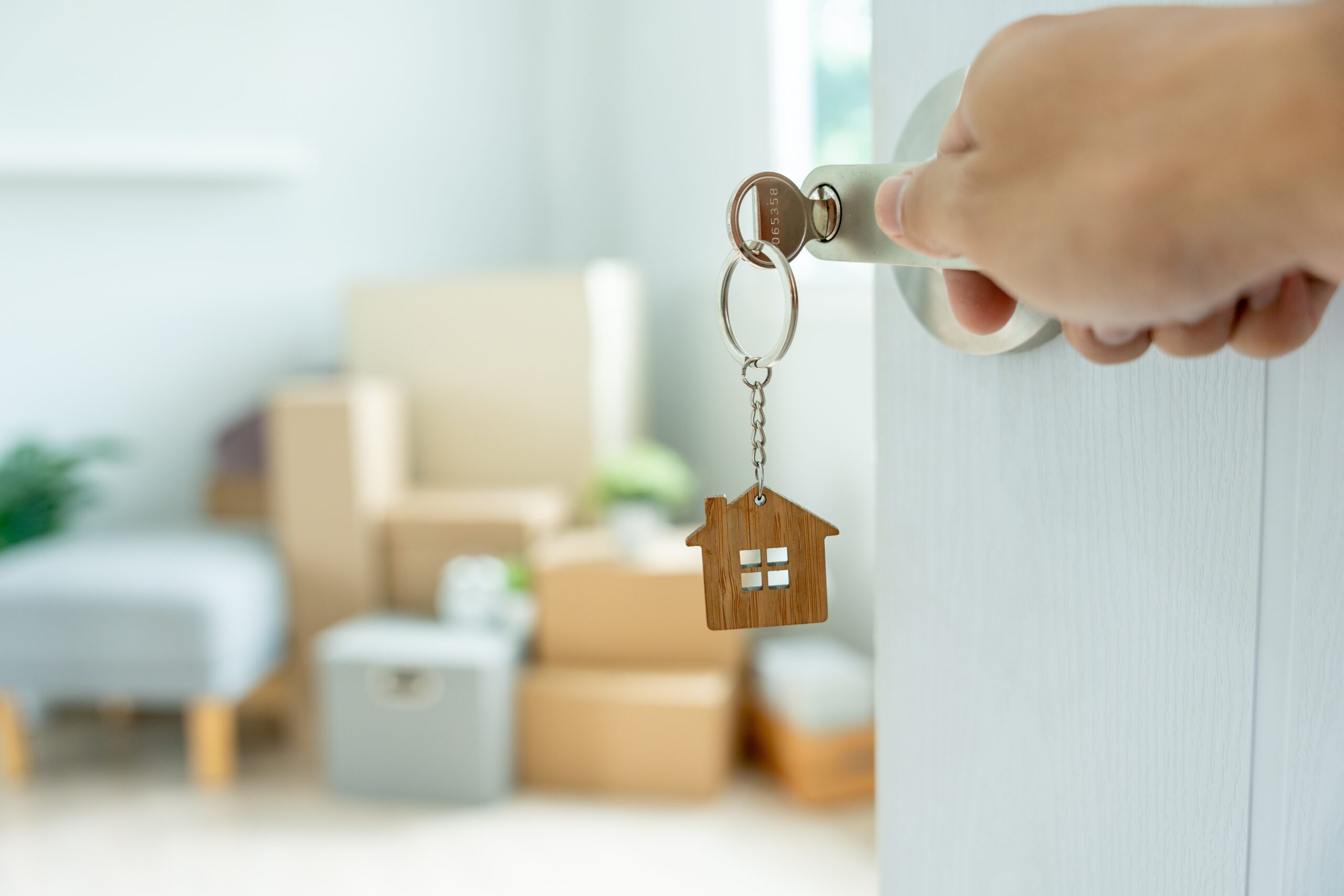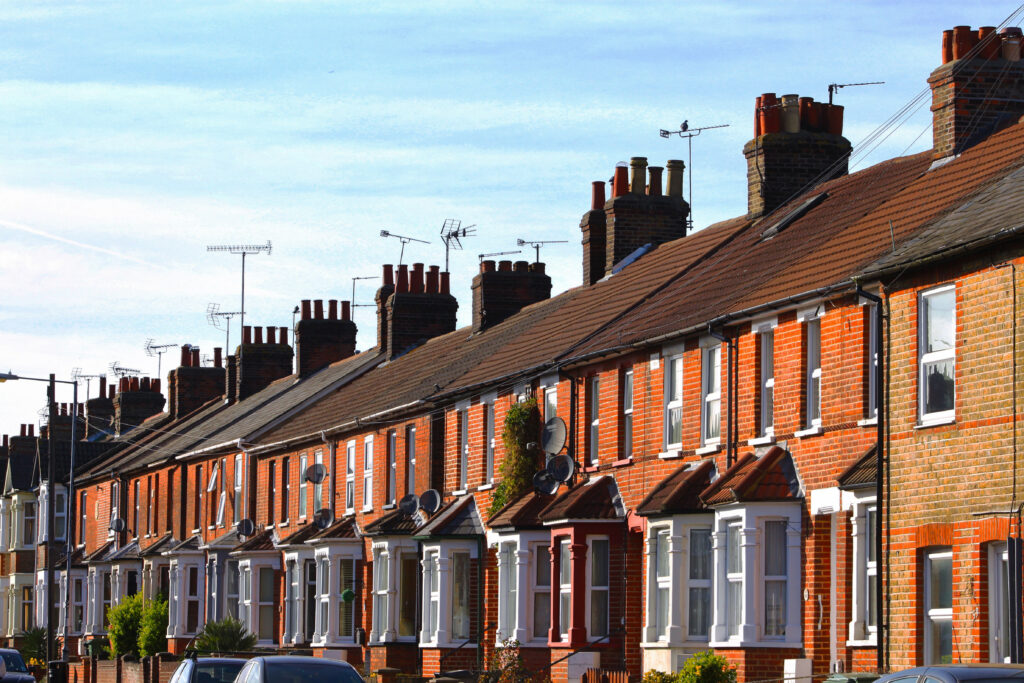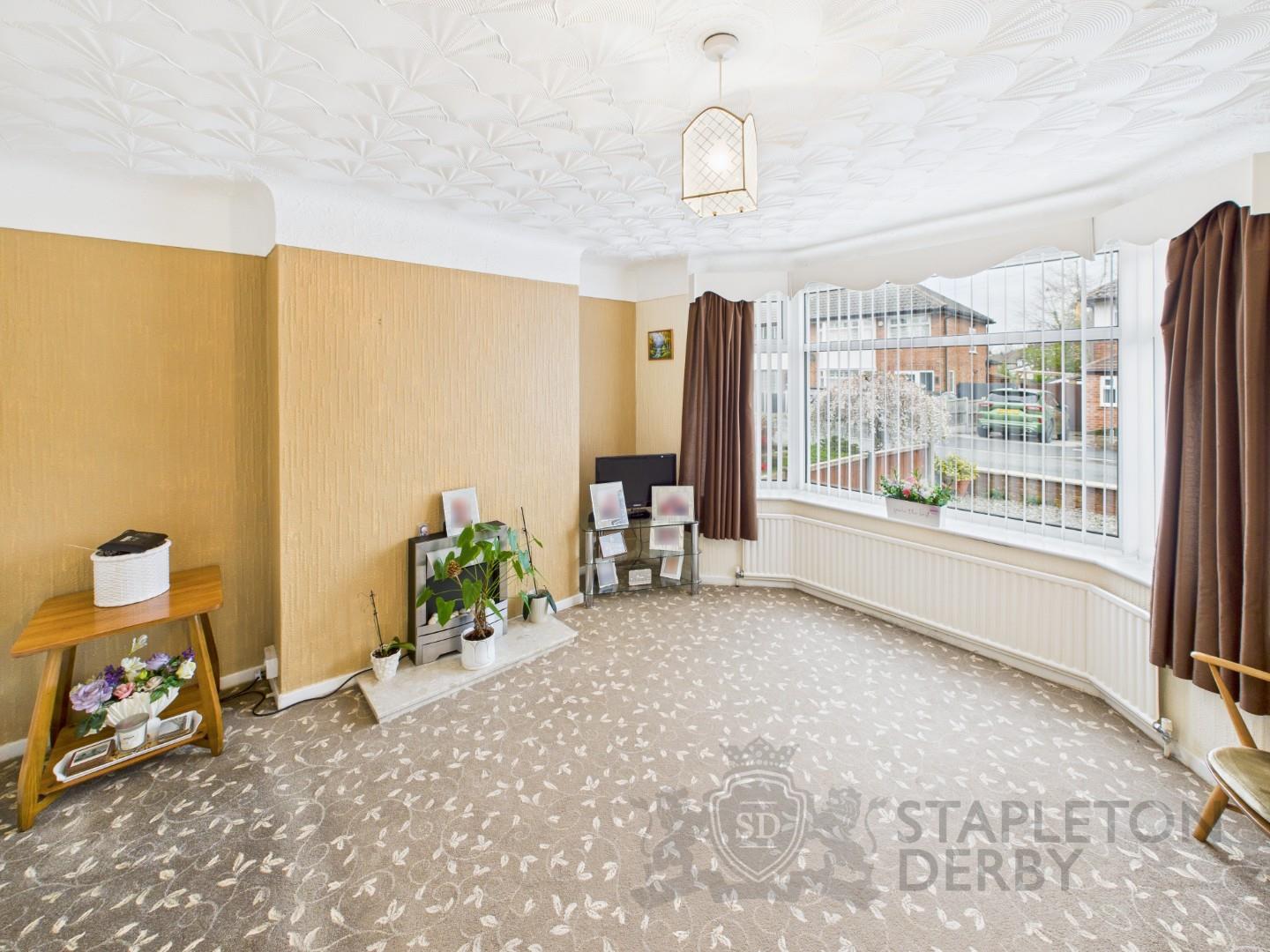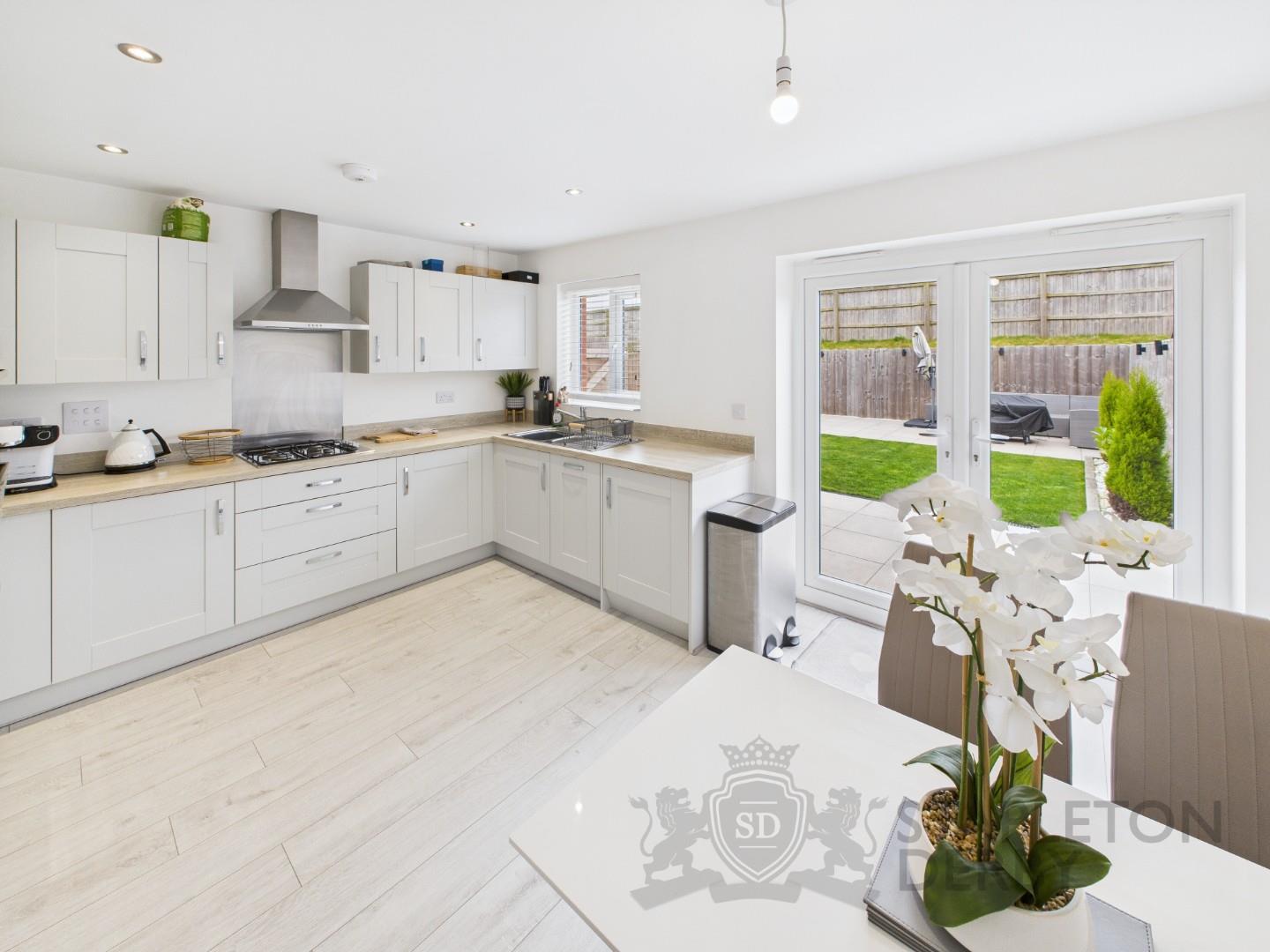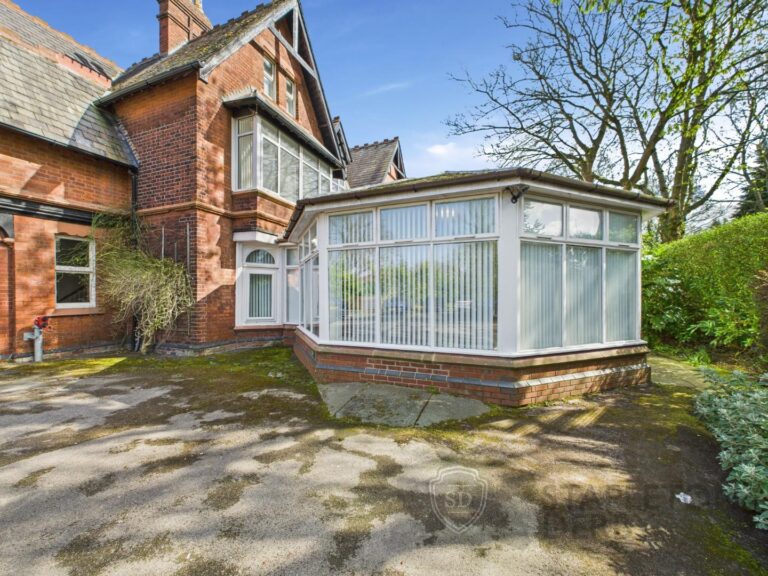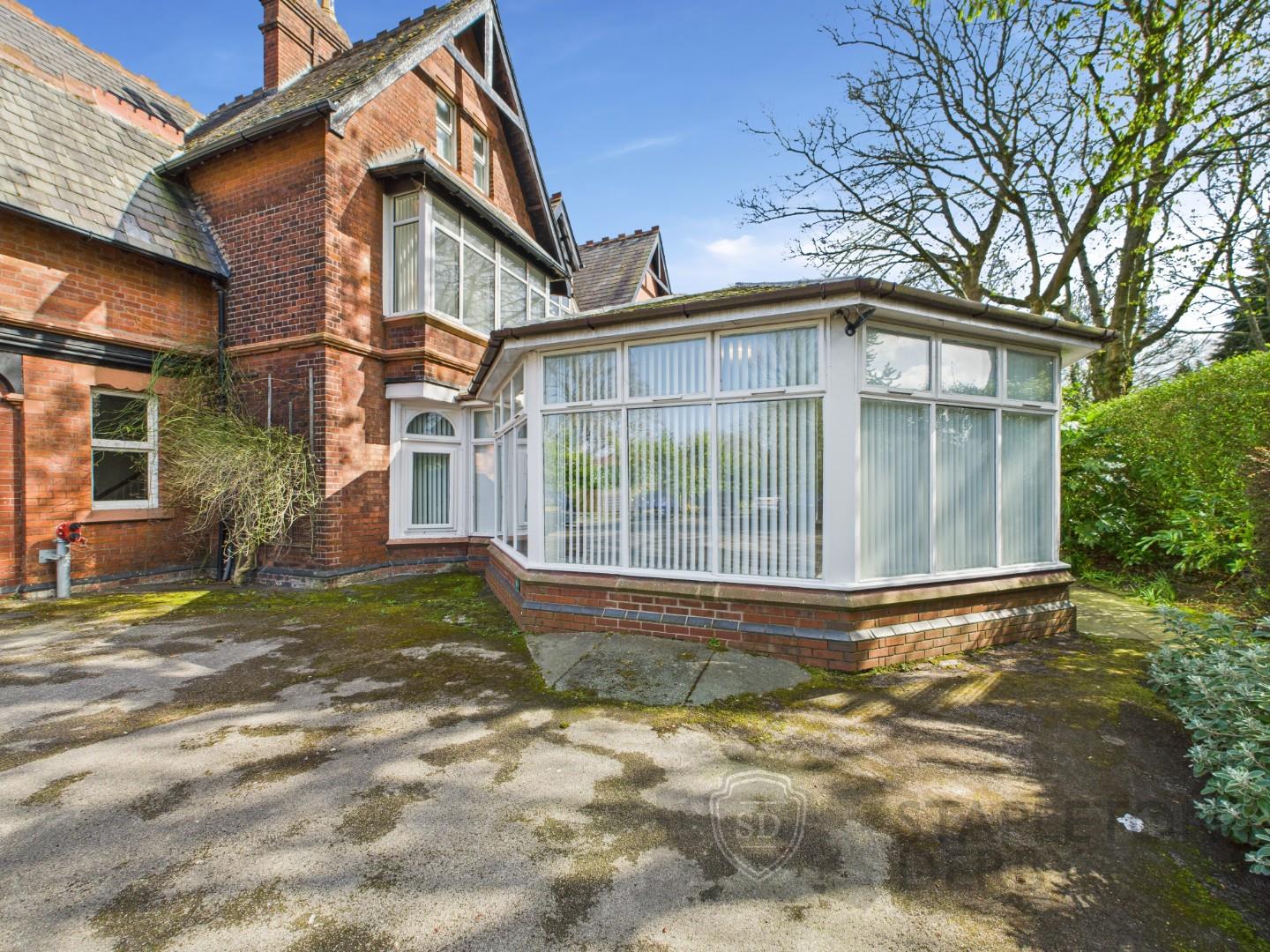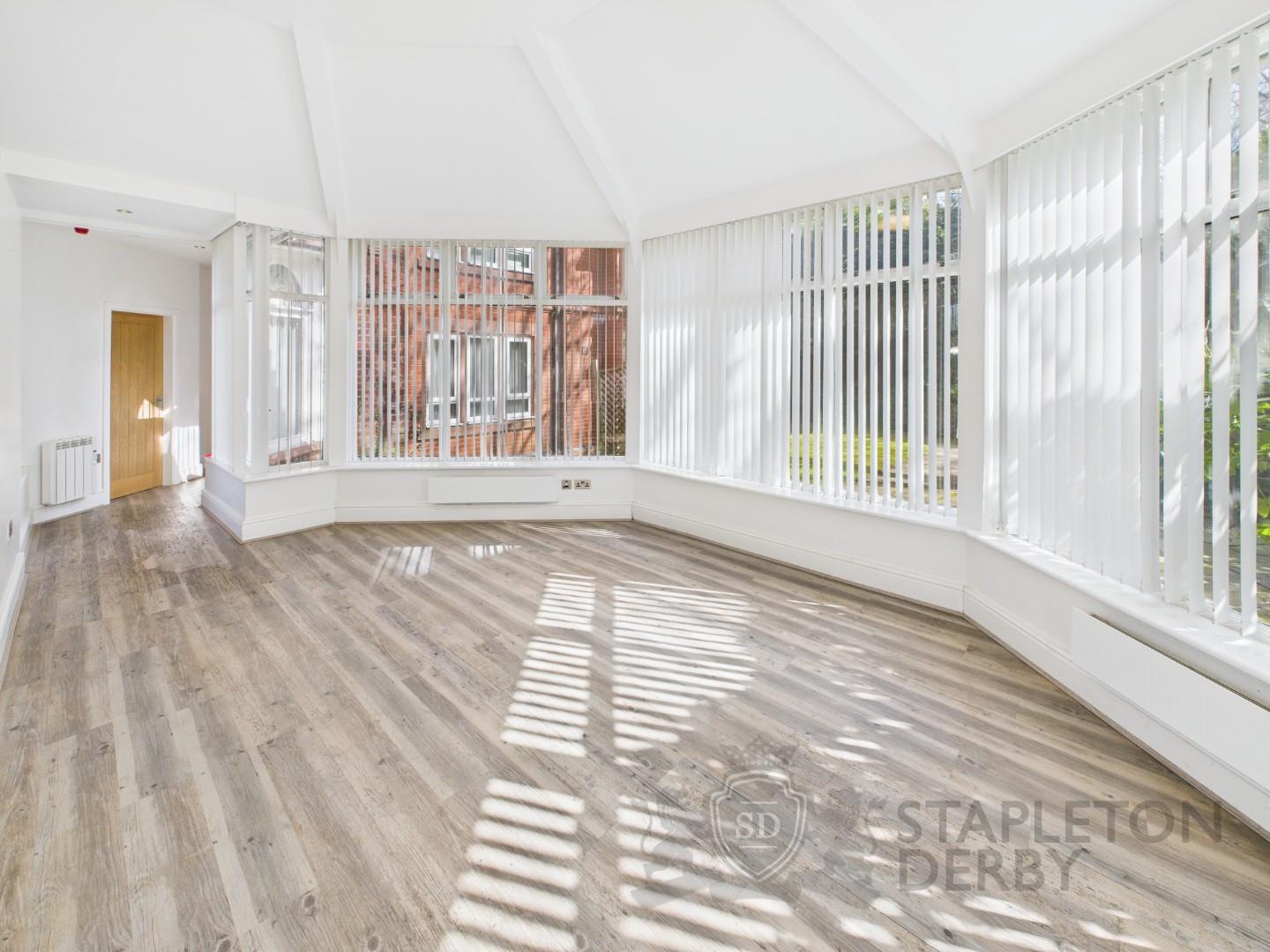Just moved into your first home?
Congratulations!
Buying a house is a huge achievement, but with all the excitement comes lots of new responsibilities.
From electricity, gas, and water bills to council tax and home insurance, you’re going to have a lot on your plate.
Protecting your home, yourself, and your family is also another huge responsibility thrust upon new homeowners – but as a first-time homeowner, it can be difficult to know where to start.
In this blog, we explore some essential tips to help keep your lovely new home safe.
Locate your stop tap, switchboard, and gas shut-off valve
One of the first things you should do when you get the keys to your new place is locate your stop tap, electrical switchboard, and gas valve.
This way, you’ll know exactly where to shut everything off if you ever need repairs or in the event of an emergency, like a burst pipe or gas leak, for example.
Typically, you’ll find your stop tap located under your kitchen sink or in the downstairs bathroom, if you have one.
Your electric switchboard may be located in the garage, under the stairs, in the kitchen, or outside at the front or back of your home. The gas meter should be close by, where you can find the safety shut-off valve.
Test smoke alarms and carbon monoxide detectors
Whilst it’s currently not a legal requirement for owner-occupied homes to have working smoke and carbon monoxide alarms, it’s a safety measure that comes highly recommended.
Working alarms are crucial for fire safety, providing an early warning and helping you and your loved ones to evacuate promptly.
Not only are they essential for your protection, but they’re also required as a condition of coverage on home insurance policies from many different providers. Failing to have smoke alarms in working order could negatively impact you if you ever need to make a claim.
So, don’t take any chances – make sure to test your alarms regularly, replacing them if necessary, because it (quite literally) pays!
Change the locks
The previous owner may have handed their keys over to the estate agent some time ago, but this isn’t to say they don’t have another copy tucked away somewhere.
There’s no way to know for sure, and even if they have no intentions of using it, it’s recommended that you change your locks as soon as possible after you move in for peace of mind.
It’s a quick, easy, and relatively cost-effective process that provides all the reassurance you need, ensuring nobody can enter your home without your say-so.
Upgrade the electrics
If you paid for a homebuyer’s survey, the report should have highlighted whether or not you need to replace the electrics.
If you’ve purchased an older property (built before the 1960s), especially one with original wiring, the chances are that you’ll need to plan a complete rewire to ensure your electrical system meets all up-to-date standards.
Old and faulty wiring can cause the entire system to trip frequently, blow fuses, or – more worryingly – spark potentially lethal house fires.
So, whilst it’s a big and expensive job, it’s better to tick it off your to-do list sooner rather than later.
Install a smart security system
Investing in a smart home security system is one of the best decisions you can make for your new home.
Not only does having these systems in place deter thieves and vandals, but they can also increase the value of your property and even save you money on your home insurance!
There are many easy-to-use systems available – from video doorbells to full security systems that can be controlled on your mobile phone – so you don’t have to be particularly savvy to protect your home with this revolutionary technology.
Need more home safety tips?
Whether you’ve just got the keys to your first home or you’re still searching for the perfect property, our expert real estate agents at Stapleton Derby are here to provide all the essential tips you need to help keep yourself and your loved ones safe.
Get in touch with our team by filling out our online contact form today, and we’ll get back to you as soon as possible – or call your local office for help with your property search.
